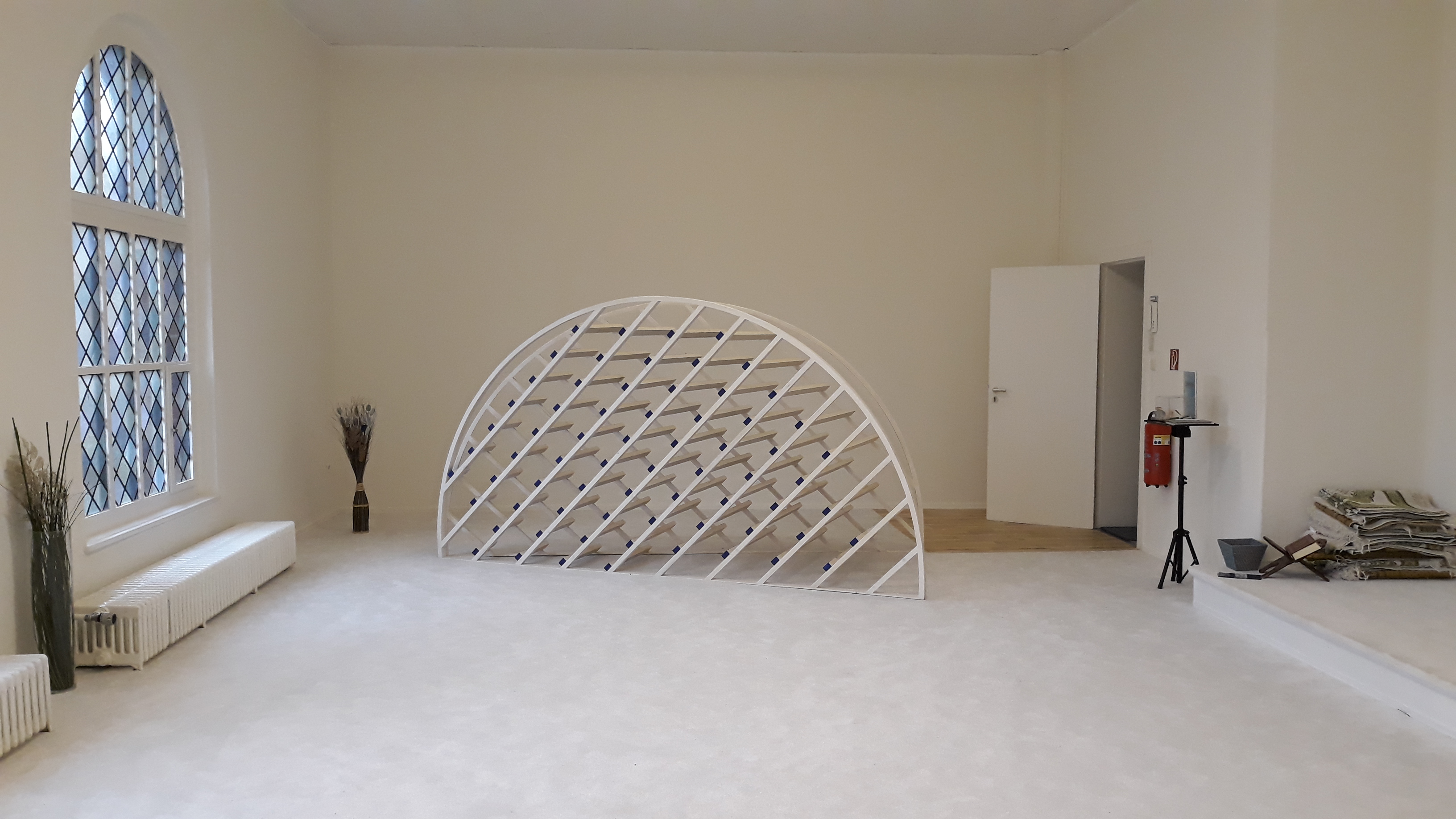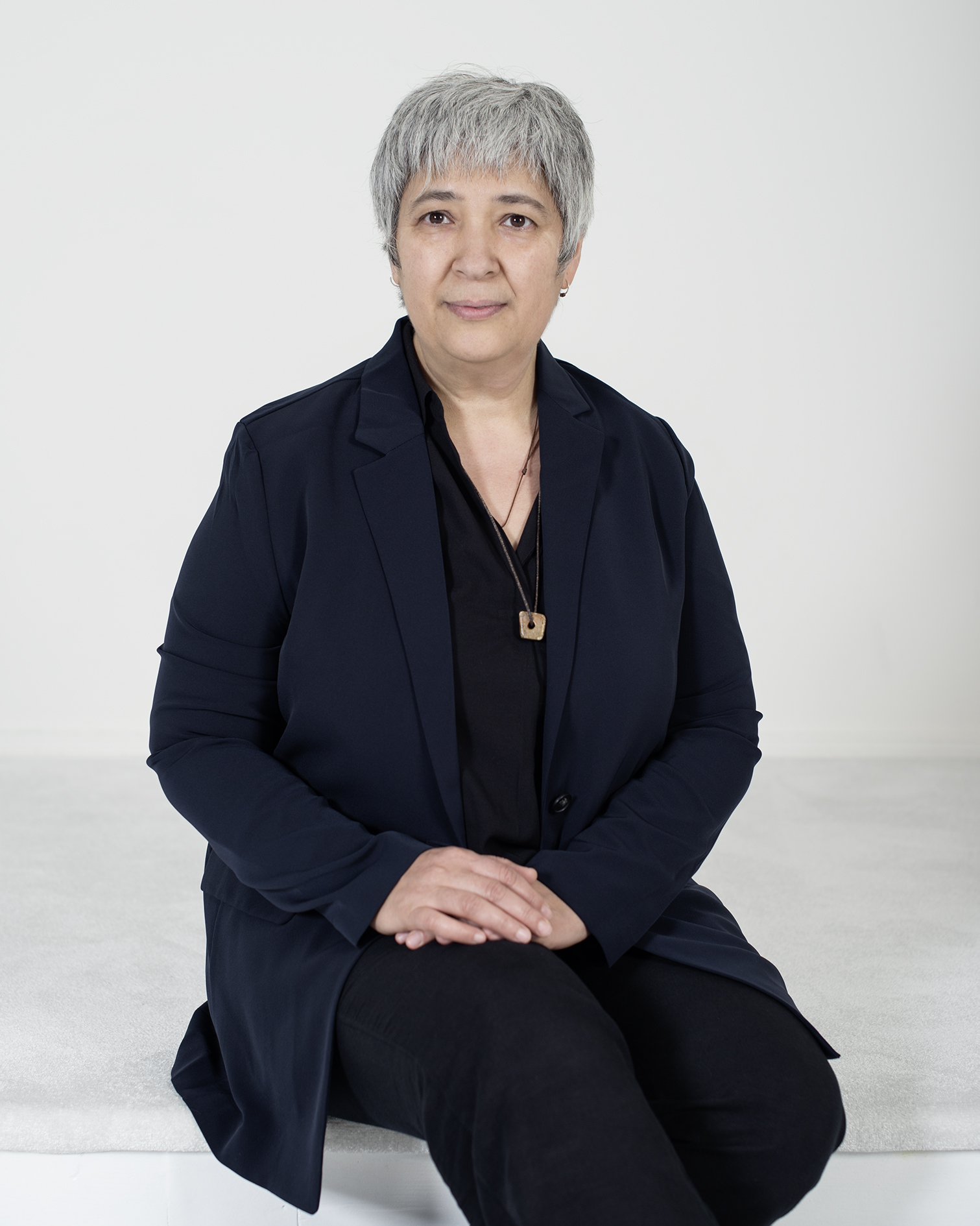

Alessandra Bonanomi, spoke to the human rights campaigner and one of the few women Imam’s in the world, Seyran Ates, who is campaigning for the cause of liberal Islam
Everything started on September 11th, 2001: four coordinated terrorist attacks by the Islamic terrorist group al-Qaeda killed 2,996 people and injured over 6,000 others. It was a moment Western countries realized they were not untouchable. Then came the war in Iraq (2003-2011) and Afghanistan (2001-present), the death of Osama Bin Laden (2011), and the birth of ISIS (2004-2006). According to Europol (European Union Agency for Law Enforcement Cooperation), Islam-attributed terror attacks in the European Union increased starting in 2014. In fact, it is said that more than 15 terror attacks took place in Europe. France and the UK are the countries hardest hit by terrorists.
On March 2017, in London, hundreds of Muslims condemned the Westminster bridge terror attack. Using the hashtag #notinmyname, families, students and mosque leaders joined the demonstration to keep their distance away from Muslim extremism. Apart from this group of people, Muslims from all over the world have tried to condemn all previous terror attacks. Amidst these condemning voices, there is one voice that is rising far above the others, that of Seyran Ates. A Turkish-born lawyer and human rights campaigner, who pursues one of the most revolutionary concepts related to the Islam world. “They are not just terrorists: they are Islamic terrorists,” she once declared. Ateş’ idea is based on the logical argument that there is a problem inside Islam because members of Isis, Boko Haram, and Al Qaeda kill in the name of Islam.
Seyran Ateş is also the founder of a liberal mosque in Berlin that allows both men and women to pray side by side. The Ibn Rushd-Goethe mosque first opened its doors in Berlin’s Moabit district in 2017. Housed in the side-building of a Protestant church, the mosque is open to Sunni, Shia, Alevi, Sufi and other interpretations of Islam. From the very outset, Seyran Ateş rejected visitors wearing the burqa or the niqab. Her philosophy was that “there is no Islamic requirement [to cover one’s head]. There is no theological argument even in the most conservative interpretation of the Qur’an. […]

Inside the Ibn Rushd-Goethe mosque, which Ates co-founded in Berlin. On its opening day she received so many death threats that the police put her under 24 hour protection.
In Germany, more and more women are veiled. You see children of four or five wearing headscarves. Women in North Africa are fighting not to wear the hijab while western women are fighting to wear it. I’m on the side of women worldwide who don’t want to be veiled,” she said in an interview with The Guardian. As a Turk of part-Kurdish descent, Seyran Ateş arrived with her parents in the West Berlin neighborhood of Wedding in the late 1960s when she was 6. She then was educated and became a lawyer focused on women’s rights. In our time of debate regarding gender equality and instability caused by Islamic terrorism, she is is a breath of fresh air—far from being rhetorical, Seyran Ateş portrays concrete hope for the future.
We caught up with her about her to talk about liberal Islam, her experiences while endorsing the cause and some of the challenges she has faced.
Read the excerpts below.
What are some of your upcoming projects?
I have currently 4 different projects that I have been working on and that will be my priority in 2018. First, I have been investing a lot of time and energy into expanding and developing the mosque—to integrate more networking and begin cooperating with partners. At the same time, I have also been supporting the European Citizens Initiative, “Stop Extremisms”. For this campaign, we must collect 1 million signatures in Europe so that the European Commission would be obligated to act upon the request and on behalf of the campaigners, propose measures to counter extremism in Europe. Besides these two projects, I am a board member of a refugee shelter situated in Berlin and am a lawyer working for that cause. As you can see, I’m suree that 2018 will keep me just as busy as 2017.
You are known to have a strong opinion about headscarves. Can you explain this?
For me, the problem is not the headscarf itself. What becomes the problem is what it represents and what the women, who wear headscarves, want to represent with it. Most of the women that I have spoken to say they wear it because they want to hide their hair from men since it could arouse them—this is exactly a concept of society that I disagree with. The headscarf and the veiling usually represent a society that has a clearly restrictive view of how men and women are to behave. It stands for a society in which the genders are separated and interaction is cut to a minimum. This is not the society that I want to live in so I’m politically fighting against it. I fight against the political idea, not the cloth.

Ates says, her fight is based on the logical argument that there is a problem inside Islam because members of Isis, Boko Haram, and Al Qaeda kill in the name of Islam
Would a woman who is well-educated and who considers herself a feminist choose to wear a burqa?
Nothing is impossible under the sun, but it would be a very strange idea of feminism that she represents.
Ludovic-Mohamed Zahed, an imam based in France, celebrates same-sex marriage. What do you think about this? Would you take the same stance at your own mosque in Berlin?
Ludovic-Mohamed Zahed is a good friend of mine and he has been to our mosque several times. He has also wedded couples in our mosque. So, yes, of course we do the same at our mosque. That is what we stand for.
In the graphic novel, Persepolis, the Iranian writer escaped to France and was unable to attend her grandmother’s funeral when she passed away. The last sentence of the book is, “Freedom always has a price”. What was the highest price you had to pay thus far in your life for being free to express and communicate your thoughts?
I have been shot once and almost died. The near-death experience has taught me that my activism is treading on many people’s toes. But all the women who I was able to help as a lawyer and all the muslims who are now expressing their gratefulness for the mosque I opened are continue to motivate me to keep going.
You are under special protection since you began to receive death threats. How do you handle this situation? Have you ever regretted something you did?
I have never regretted anything as I am a very grateful person. I am also very grateful for the police protection that Germany is offering me. Without that, my work would be impossible. There are many people in the Arabic world who think and believe like I do, but would be killed for saying those things publicly. I also work to be the voice for those individuals.